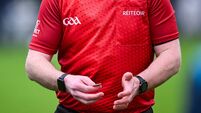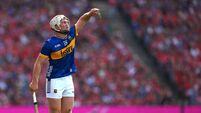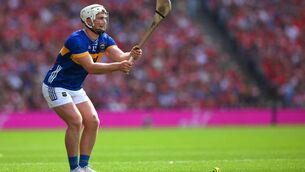Tighten up rule book, lawyer warns GAA
Joe Rice, who owns practices in Belfast and Armagh, says that the GAA’s rule book has “too many conflicts and contradictions”.
And Rice believes the GAA needs to urgently revise its rule book to avoid losing many more cases.














